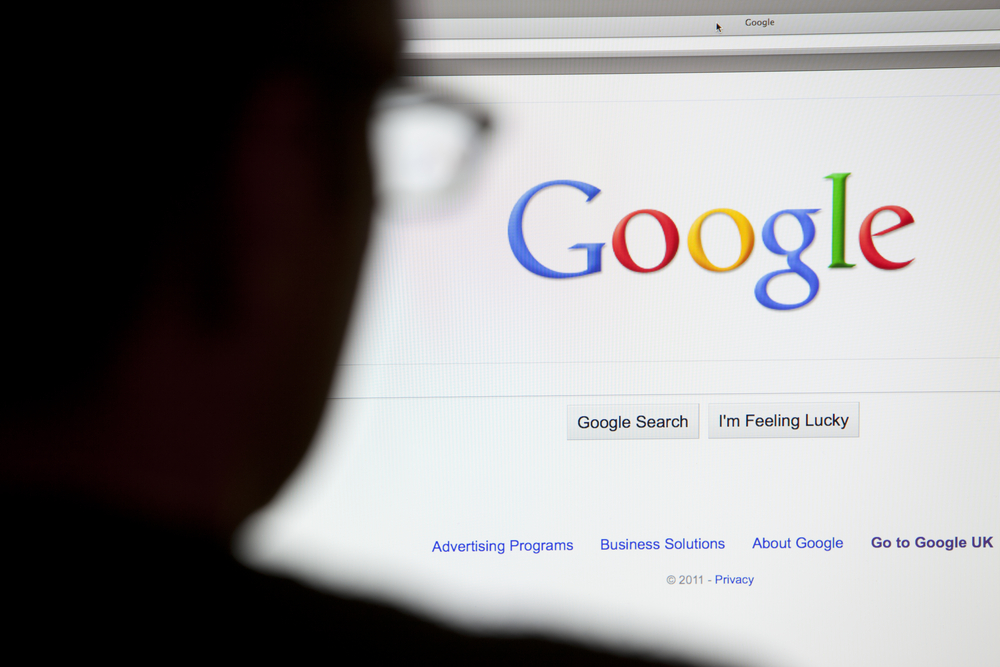Search engines are most useful to students when it comes to answering questions as quickly as possible. But the constant access to Google and Co. has consequences for the way students learn.
There is no doubt that the access to information has changed tremendously over the past decade. While it was impossible to come up with answers to questions without consulting a book or scribbling down own thoughts in the past, search engines such as Google are the preferred go-to places in the era of smartphones. Like no other generation, today’s teenagers and students appreciate the convenience of knowledge at their fingertips asking Google to provide information on any kind of question. But does Google actually support the learning process or does the overload of information distract the brain in the long run?
Looking for Answers
Despite the dominance of technology on our everyday life, there is a lack of academic literature studying how the use of search engines affects our memory and the way we learn new concepts.
Some researchers use examples from the past to argue that the easy access to information supports our brain and gives us the chance to concentrate on other skills such as creativity. Steve Pinker, a Harvard psychology professor, once argued that the Internet and technological advancement are the only solutions to keep human beings smart. His article in the New York Times focused on the positive effects of newspapers and television which were also highly criticised for increasing human stupidity during the time of their emergence.
Search Engines- Confidence Boosters or Distractors?
It may even be possible that the usage of search engines boosts students’ confidence in their understanding of new concepts. At Yale University, Matthew Fisher divided participants of his study into two groups. He asked the first group of students to give their answers to a set of questions, before using Google to confirm the answers. The second group of students did not have access to the Internet and had to answer the questions after thinking about them for a moment. At some trials, Fisher manipulated the search engine’s function resulting in a limitation of possible answers. Surprisingly, students who had access to the search engine had an increased level of confidence on the topic in comparison to those students who had to answer the questions directly.
However, some observational studies doubt that the instant availability of information though search engines has a positive effect on students’ learning process. In 2011, the Science Magazine published a research study that had focused on college students and their ability to remember information. The results showed that students who knew that they would be able to access the information easily online in the future, could recall the process and place where to find it more easily. Yet in return, these students also remembered less of the information itself.
This behaviour is also very familiar within other contexts. Many Facebook user do not remember their friend’s birthday because they know it is always accessible on the Facebook website. Researchers conclude that we learn to rely on Google rather than on our own memory when it comes to storing long-term knowledge. Other researchers assume that the fact to be able to access the information wherever we like has a negative impact on our motivation to memorize the information.
The Problem of Information Overload
Google statistics show that the number of search requests increased enormously over the past twenty years. While Google’s search engine answered roughly 1000 queries a day in 1998, the company receives more than 3.5 billion search requests per year by now.
This exceptional increase leads to another potential issue: there is way too much information out there. This means that students have to deal with an overload of information when they try to find answers to their questions online. The combination of this information overload and long-term memory loss increase the risk that Google and Co. have a negative impact on the brain. Research commissioned by the British Library found that the access to too much information has a major effect on students’ evaluations of content. The study showed that even though all participants reviewed online data in a short amount of time, most of them lacked the skill to evaluate the information for accuracy.
Instead of searching the answer for every possible question online without questioning the content, students need to re-develop the skill of critical thinking. As a result, some teachers in the US came up with the idea to cultivate critical-thinking in the minds of their students by integrating search engines more cleverly in class. By allowing students to use Google to answer questions that cannot be answered easily in a few words, they try to help students to develop their own set of skills. This activity could also make students more aware of all the consequences Google has on their brains.
What do you think about the role of search engines in the learning process? How often do you use them? Could you manage without them? Share your thoughts in the comments bellow.















